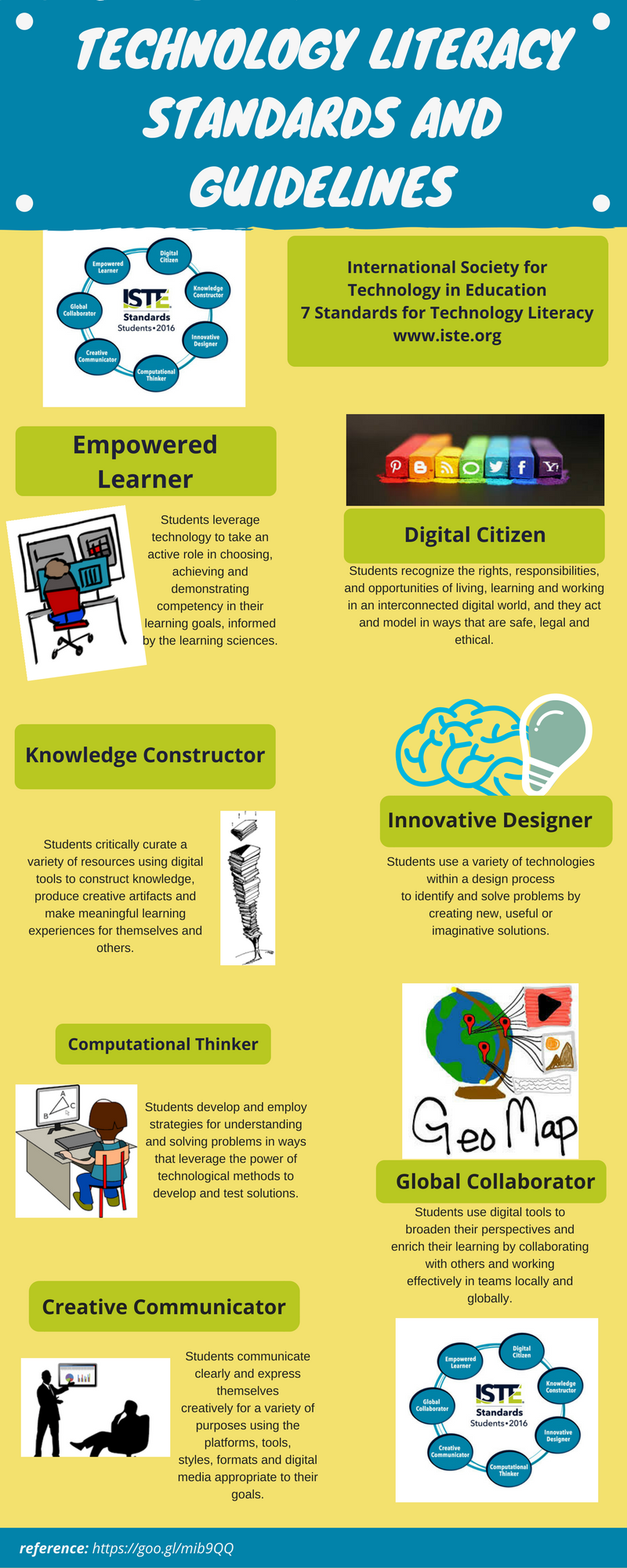21st Century – We’re In It
- Joanne Glantz
- Jun 11, 2017
- 3 min read

We’re on it. Devices, that is. All of us, young and old, are connected. We are using and providing data; we are consuming, creating and sharing like never before. We must include this shift into our classrooms. We have no choice.
With forty-two of the fifty states adopting the Common Core State Standards initiative, a lot of focus is on curriculum content and methods of delivery. The International Society of Technology in Education (ISTE) has developed a set of technology standards to address the learning process in the technology driven world we live in. The two should be one in the lesson. The question is, “How does one learn the basic skills prior to full technology integration immersion?”
My passion in Ed Tech is Technology Literacy. It is especially important to me because of my extensive background as a Network Specialist and Career Technology Instructor for the past 20 years combined. As a current Instructional Technology Coach, I see adults and students struggle with their technology skills limiting their ability to expand all the other digital literacies necessary to be productive in the 21st Century.
The International Society for Technology in Education (ISTE) is the creator and steward of the education technology standards. These standards define technology skills for the 21st Century. There are standards for teachers as well as students. While these standards do not define specific skill levels such as typing, texting, hardware knowledge, software and operating system experience, they define specific areas that we must be competent accomplishing. Of the overarching standards provided by ISTE, the sixth is Technology Operations and Concepts. This standard speaks to the technology operations that are fundamental to developing the other five (Jacobs, Heidi Hayes Sheskey, Bill Tolisano, Silvia Rosenthal Alcock, Marie Fisher, Michael L. Hargadon, 2014) indicating basic technology skills.

Research indicates that competency based learning, including authentic learning, performance-based tasks, technology integrated classroom pedagogy, and technology skilled teachers, can increase student competency with specific technology tools (Cydis, 2015). The research and solution point to educating the teachers and continually providing technology infused learning opportunities for the student following the competency based learning model presented here.
Information and Communication Technology (ICT) Studies completed by Yalman, Basaran, and Gonen indicate that student’s foreign language proficiencies, preferences for studying and learning (groups or individuals) or instructional methods (face-to-face or blended) had no influence on their ICT abilities. However, gender, Internet use time, years of experience in computer use and their preferences of mobile devices did have significance in computer skills. (Yalman, Basaran, & Gonen, 2016)
In a study done by Mueller and Wood, data indicates teachers that use technology, scored high on characteristics of technological knowledge and learning style. Excellent technology-using teachers are described as risk-taking, open-minded, flexible, and adaptive. (Mueller & Wood, 2012)
In summary, I conclude that research and experience indicates that students and adults who work to attain competency with their technology skills prior to and independent of other digital literacy skills, will be better prepared and more advanced than those that depend on just regular use.
Cydis, S. (2015). Authentic instruction and technology literacy. Journal of Learning Design, 8(1), 68–78.
ISTE. (2017). For Students 2016. Retrieved April 4, 2017, from https://www.iste.org/standards/standards/for-students-2016#startstandards
Jacobs, Heidi Hayes Sheskey, Bill Tolisano, Silvia Rosenthal Alcock, Marie Fisher, Michael L. Hargadon, S. (2014). Mastering Digital Literacy. Solution Tree Press.
Mueller, J., & Wood, E. (2012). Patterns of Beliefs, Attitudes, and Characteristics of Teachers That Influence Computer Integration. Education Research International, 2012, 1–13. https://doi.org/10.1155/2012/697357
Pinkard, N. (2013). (26) Nichole Pinkard on Digital Literacy (Big Thinkers Series) - YouTube. Retrieved April 23, 2017, from https://www.youtube.com/watch?v=Aya43MnWTxQ
Yalman, M., Basaran, B., & Gonen, S. (2016). Information and Communication Technology Skills of Students Using the Dista...: Discovery Service for FRESNO PACIFIC UNIV. Retrieved April 1, 2017, from http://0-eds.a.ebscohost.com.librarycatalog.fresno.edu/eds/detail/detail?vid=12&sid=dc2f354d-8a15-480e-a463-62b8f1ded813%40sessionmgr4009&hid=4113&bdata=JkF1dGhUeXBlPWlwLHVpZCx1cmwmc2l0ZT1lZHMtbGl2ZQ%3D%3D#AN=EJ1111848&db=eric

























Comments